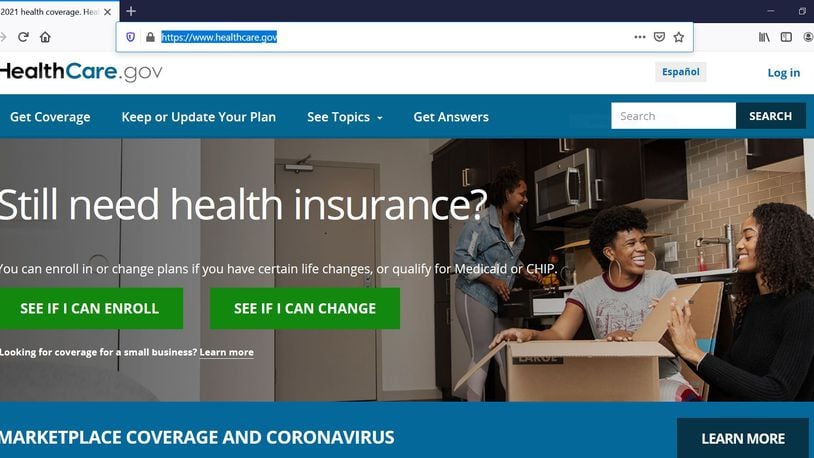Georgia GOP leaders have proposed a bill that they hope will lead to a state takeover of the health insurance exchange marketplace for Affordable Care Act plans.
The move could affect insurance shopping for a lot of Georgians. When enrollment for 2023 coverage ended on Jan. 15, more than 879,000 Georgians had enrolled in an ACA plan. What’s less clear is how a state takeover of the exchange could affect them — whether how they shop for plans, or the plans they buy.
It’s unclear exactly what the state’s replacement would be.
Under the Trump administration, Gov. Brian Kemp proposed to block Georgians from shopping on healthcare.gov, and instead lead them directly to private health insurance companies and brokers. Georgians already have access to those private industry sellers, but Kemp aides said that blocking healthcare.gov and further promoting the private companies would benefit Georgians.
Sen. Ben Watson, R-Savannah, who chairs the Georgia Senate Health and Human Services Committee, said Wednesday evening that he had already submitted the paperwork for the bill and it should be formally introduced by Thursday.
“I think the result will be we’ll we’ll finally be able to finish up (Gov. Brian Kemp’s health proposals) and we’ll have more Georgians covered, more lives covered,” Watson said. He said the bill was the governor’s and he introduced it on Kemp’s behalf.
A spokesman for Kemp, Garrison Douglas, said in a written statement that a state-based exchange “gives Georgians higher quality access and greater control in the insurance enrollment process.”
The proposal seems likely to gain traction in the Senate, though its fate in the House is uncertain. The measure, Senate Bill 65, boasted 30 co-sponsors — enough to win passage in the chamber. Among them are two Democrats: State Sens. Derek Mallow and Doc Rhett.
Enrolment in ACA plans, formerly known as Obamacare, has surged during Joe Biden’s presidency. His administration has worked with Congress to increase subsidies across income levels and make plans more affordable. Georgia signups rose 35% between 2021 and 2022, and 25% between 2022 and 2023.
The Kemp administration took credit too, noting that it spent $5 million on advertising for a website it set up leading people to insurance companies and brokers, GeorgiaAccess.gov. A spokesman for the state Office of Insurance said the website drew 334,000 unique views — meaning the site was viewed from that many different computers or phones.
Georgia also has a subsidy program that helps lower premiums, called reinsurance.
Zachary Baron, associate director of the Health Policy and the Law Initiative at Georgetown University, said Georgia would need the federal government’s cooperation to set up its own exchange. “It’s a federal-state partnership,” he said. He speculated that big questions lie ahead. “I think this is unprecedented,” Baron said.
Taking over the marketplace would give the state control of millions of dollars in user fees now paid by insurers who sell on the federal marketplace, healthcare.gov. In 2020, when Kemp’s office applied to the Trump administration to take over Georgia ACA shopping, it estimated that the overall value of Georgia’s user fees would range from $89 million per year to $107 million. That was before signups skyrocketed and the fees increased.
Currently, the federal government uses that money to run the marketplace, paying the cost of everything from the healthcare.gov computer system to funding outreach and advertising to consumers. The fees also cover the cost to hire “navigators” who help people through the process, especially people without resources.
In a state-based marketplace, all those jobs fall to the state. The Kemp administration would take them on, and it might also redirect some of that money to another program: reinsurance.
Talking points that Watson provided Wednesday for the proposal show that the state could use the money both to run the state exchange, and to help pay for Kemp’s “reinsurance” program that lowers premium costs. Since the Biden administration subsidies have already made plans at the lower end of the income spectrum free or nearly free, the biggest benefit from lower premiums come to those who earn higher incomes. Douglas said no decision had been made yet to redirect the ACA exchange money to reinsurance.

